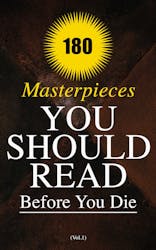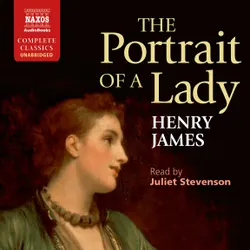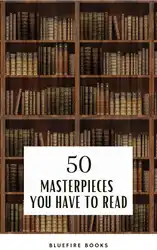Dodo Classics brings you another classic from Henry James, ‘Glasses.’
This was a little person whom I would have made a high bid for a good chance to paint. The head, the features, the color, the whole facial oval and radiance had a wonderful purity; the deep grey eyes -- the most agreeable, I thought, that I had ever seen -- brushed with a kind of winglike grace every object they encountered. Their possessor was just back from Boulogne, where she had spent a week with dear Mrs. Floyd-Taylor: this accounted for the effusiveness of her reunion with dear Mrs. Meldrum. Her black garments were of the freshest and daintiest; she suggested a pink-and-white wreath at a showy funeral. She confounded us for three minutes with her presence; she was a beauty of the great conscious public responsible order. The young men, her companions, gazed at her and grinned: I could see there were very few moments of the day at which young men, these or others, would not be so occupied.
Henry James, OM, son of theologian Henry James Sr., brother of the philosopher and psychologist William James and diarist Alice James, was an American-born author, one of the founders and leaders of a school of realism in fiction. He spent much of his life in England and became a British subject shortly before his death. He is primarily known for a series of major novels in which he portrayed the encounter of America with Europe. His plots centered on personal relationships, the proper exercise of power in such relationships, and other moral questions. His method of writing from the point of view of a character within a tale allowed him to explore the phenomena of consciousness and perception, and his style in later works has been compared to impressionist painting.
James insisted that writers in Great Britain and America should be allowed the greatest freedom possible in presenting their view of the world, as French authors were. His imaginative use of point of view, interior monologue and unreliable narrators in his own novels and tales brought a new depth and interest to realistic fiction, and foreshadowed the modernist work of the twentieth century. An extraordinarily productive writer, in addition to his voluminous works of fiction he published articles and books of travel writing, biography, autobiography, and criticism,and wrote plays, some of which were performed during his lifetime with moderate success. His theatrical work is thought to have profoundly influenced his later novels and tales.












